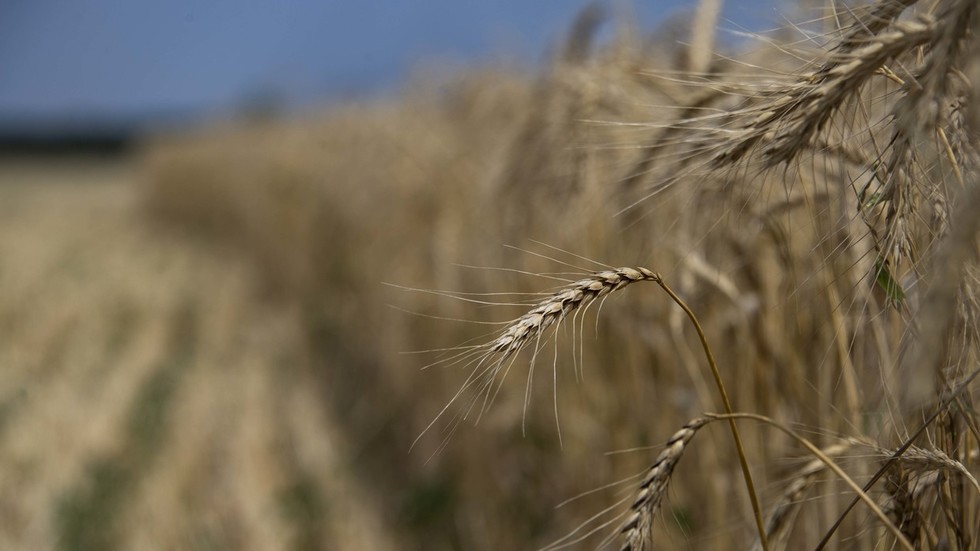
Moscow will supply grain to low-income countries at its own expense, the foreign minister has pledged

© Sputnik / Dmitry Makeev
Russia sees no reason to extend the arrangement for exporting Ukrainian grain, known as the Black Sea initiative, Foreign Minister Sergey Lavrov told reporters at a briefing on Friday.
The deal, mediated by the UN and Türkiye and signed in July 2022, has been repeatedly extended since then and expires on July 18.
Lavrov said shipments of Russian produce will not suffer if the deal is terminated, and that exports of this year’s crop are expected to be around 50 million tons.
“The export of our fertilizers and food continues. Our partners, I’m sure, will not suffer… I don’t see what arguments there are for those who would like to continue this Black Sea initiative, because it has, as I said, in terms of Ukrainian grain, long become commercially motivated,” Russia’s top diplomat stated.
Lavrov noted that the part of the deal that refers to Ukrainian exports was initially intended as a way to ensure that grain reaches low-income countries. Instead, out of the 32.5 million tons of grain that has been exported from Ukraine since the deal was struck, just over 2.5% has actually gone to those countries. The main recipients of the cargo have been the EU (40%), China (24%) and Türkiye (10%).
Lavrov went on to stress that the part of the deal requiring the West to unblock the export of Russian grain and fertilizers – which had stalled due to Ukraine-related sanctions – has so far failed.

He accused the US and EU of adopting an “outrageous” attitude by arguing that their sanctions exclude Russia’s agricultural exports. The foreign minister stressed that sanctions on Russia’s shipping industry and its major agricultural lender, Rosselkhozbank, along with a ban on access to brokerage and insurance services of Western firms and “a host of other allegedly technical but actually prohibitive actions” are creating major obstacles to Russia’s agricultural shipments.
However, Lavrov assured that Russian agricultural exports will continue to those countries that need it if the grain deal is scrapped.
“In the event that the Black Sea initiative is terminated, we will provide supplies of a comparable or larger amount of grain to the poorest countries free of charge,” he pledged.
For more stories on economy & finance visit RT’s business section




